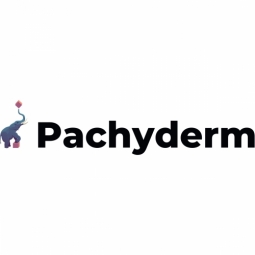Overview
 |
Optimizing Autonomous Driving with IoT: A Case Study of Woven Planet and PachydermPachyderm |
Analytics & Modeling - Machine Learning Application Infrastructure & Middleware - API Integration & Management | |
Automotive Oil & Gas | |
Autonomous Transport Systems Predictive Maintenance | |
Data Science Services System Integration | |
Operational Impact
The use of Pachyderm has significantly improved the efficiency of Woven Planet's Automated Mapping team. With data sourced from various satellite providers and databases, the team has been able to adopt a unique approach to image recognition that divides images into various geolocations and sections. Pachyderm pipelines complement this approach, offering hundreds of pipelines that allow for parallel processing of different road features. This has enabled the team to extract semantic information from the data far more efficiently than via a linear approach. The results from these pipelines are collated and passed onto the next stage for new transformations, speeding up time-to-value and helping Woven Planet deliver maps that have continental-scale coverage and always-on accuracy. Furthermore, the Woven Planet engineers have enjoyed working with the Pachyderm engineering and support teams, highlighting the importance of good support in addition to a powerful platform. | |
Quantitative Benefit
200% faster data processing | |
Reduced process time by over 50% by only processing changes in the data and taking advantage of Pachyderm's autoscaling features | |
Able to scale to petabytes of unstructured map data with Pachyderm's depublication features | |


